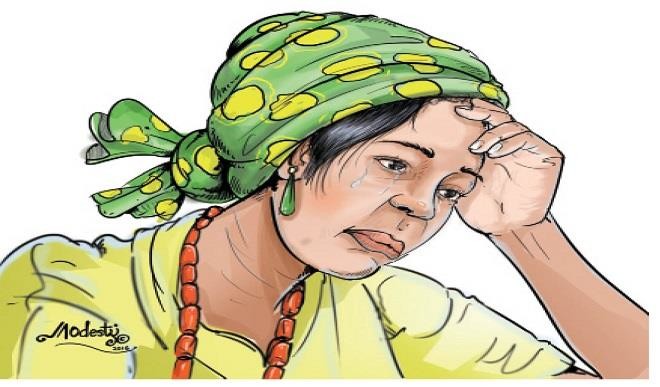Saving teenage girls from negative pressures
The girl-child lives under peer and other forms of negative pressures. This problem, it must be said, is not new but it seems to get more worrisome with the increased penetration of the internet and social media. Young girls, especially teenage girls, are constantly lured into bad habits by friends and influences from the media. […]


The girl-child lives under peer and other forms of negative pressures. This problem, it must be said, is not new but it seems to get more worrisome with the increased penetration of the internet and social media.
Young girls, especially teenage girls, are constantly lured into bad habits by friends and influences from the media.
On the other side, some career parents have also abandoned their home fronts and became more concerned with making money, building career and seeking power/influence. And where the parents have abdicated their natural roles in the family, the media and friends take over.
But hope isn’t all lost. Concerned parents and book makers are making efforts to guide young girls with useful literature on how to lead positive teenage life and manage negative pressures.
One of those making effort to guide the teenage girl aright is the multitalented Mrs. Nanman Philemon Kash, a nurse at the National Hospital, Abuja.
In an inspiring book titled: “The Peculiar Child,” she works through the many challenges girl child faces while growing into a woman and proffers solutions, using her personal experiences and religious prescriptions.
Inspired by her own experiences, laced with strong moral upbringing, Mrs. Kash in a 60-page and four-chapter book captures striking themes like love, how to express it, and infatuation. She also deals on dating the right way, building positive self-esteem, sex, among others.
The book condemns pre-marital sex and offers practical steps on how teenage girl can survive without sex before marriage.
The author, during the unveiling of the book in Abuja, recently, said growing up with her mother, having lost her father early in her life, presented very useful life experiences she couldn’t keep to herself.
“I felt compelled to share my childhood experience and upbringing which, I feel, meets basic societal acceptable standards,” she said.
